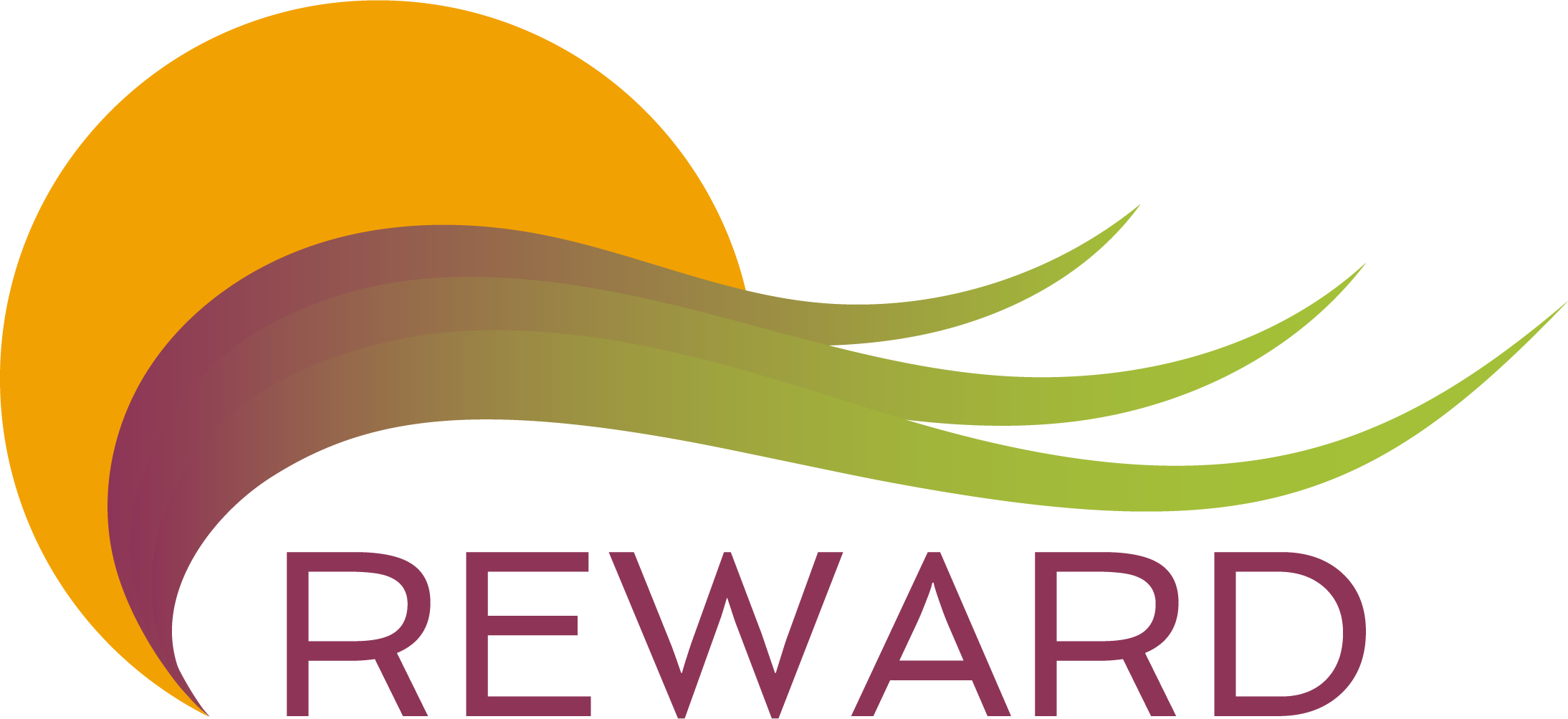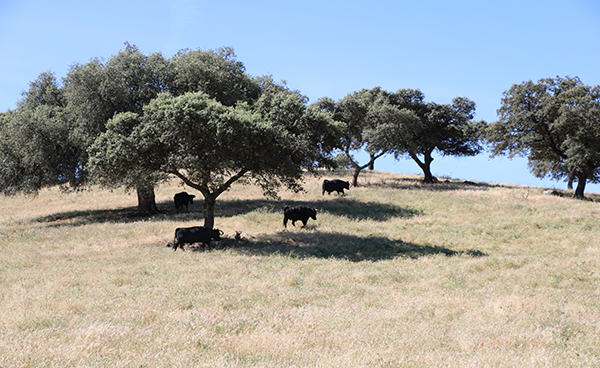The second meeting for the project REWARD, which aims at providing tools to rural women to manage various activities related to agriculture and cultural heritage, took place in Jaén, Spain on the 27 th and 28 th of May.
During the first part of the meeting, each partner reported on the current economic and social situation of rural women in their country. It has been evident that traditionally farming and agricultural related activities have been associated as masculine and carried out by men. Over recent years there has been a shift, most notably in Poland which has seen a feminisation, with more female farmers, and a stronger female presence in rural areas. For all the cases, multifunctionality appears as an opportunity for women to develop a unique and important role. Studies have shown that Women are wise investors, and more entrepreneurial than their male counterpart. More precisely, female farmers are constantly training and thus manage their farms sensibly . For instance, in Slovenia we observe a gradual development of female entrepreneurs, especially in the field of tourism and culinary arts.
On the second day, the consortium visited an example of a successful multifunctional farm owned and managed by three sisters in the region of Jaén. The main activity of the farm is the breeding of fighting bulls, toros bravos, which are raised on the 300ha farm Orellana Perdiz. 150 ha are used for the cows and 200 ha are used for the bulls which allow them to have 2,5 ha per bull. Furthermore, the sisters also have separate activities that complement their main farming activities, this includes tourism, restaurant and hotel. They employ 25 to 30 persons across the businesses. They are situated amongst former plomb and silver mines, as well as a castle dating back to the crusades. Through those various activities, they maintain the cultural heritage of their region and land such as the landscape the dehesa. The management of the land allows for the conservation of the dehesa as well as the torros bravos breed.
In the upcoming few weeks, the project will publish a Summary Report, steaming from the National Reports from partner countries. The following step will involve collecting case studies of best practices and the development of the training materials.
The next meeting will be held in Naklo, Slovenia, in Autumn 2019, hosted by the Biotehniski center Naklo .

